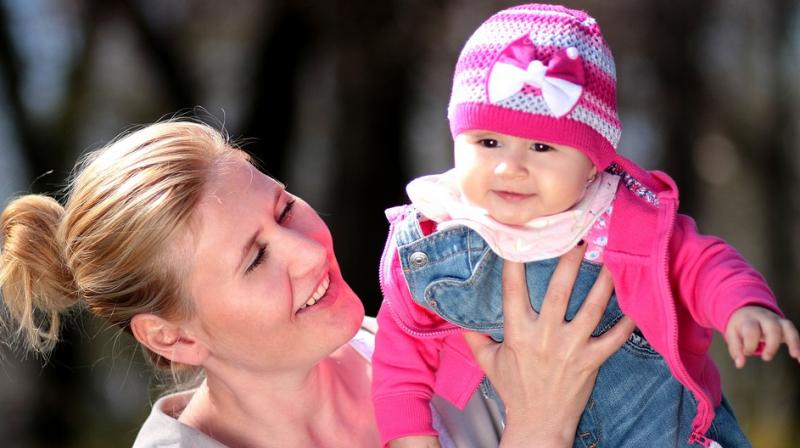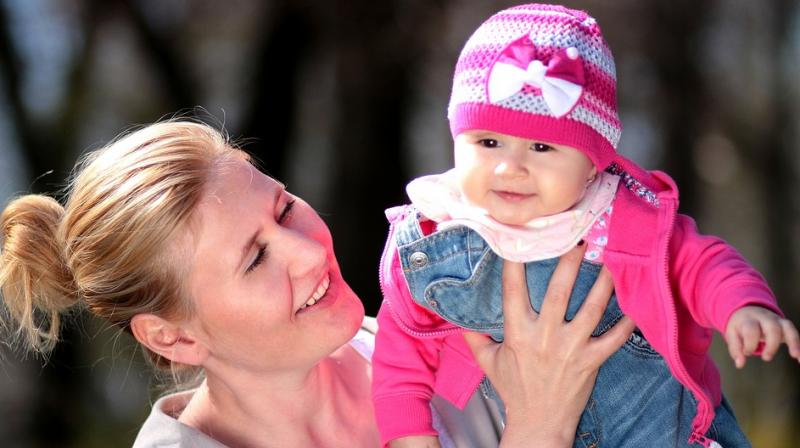Babies born to older moms may be smarter, healthier: study
Thu 14 Apr 2016, 10:57:31
Children born to older mothers may be healthier, taller and obtain more education than kids of younger mothers, a new study has claimed.
The benefits associated with being born in a later year outweigh the biological risks associated with being born to an older mother, researchers said.
The reason is that in industrialised countries educational opportunities are increasing, and people are getting healthier by the year. In other words, it pays off to be born later, they said. Previous research suggests that the older women are when they give birth, the greater the health risks are for their children.
However, despite the risks associated with delaying childbearing, children may also benefit from mothers delaying childbearing to older ages, researchers from Max Planck Institute for Demographic Research (MPIDR) in Germany said.
Both public health and social conditions have been improving over time in many countries. From the perspective of any individual parent, delaying childbearing means having a child
with a later birth year, they said.
with a later birth year, they said.
For example, a ten-year difference in maternal age is accompanied by a decade of changes to social and environmental conditions. Taking this perspective, the new study shows that when women delay childbearing to older ages their children are healthier, taller and more highly educated.
It shows that despite the risks associated with childbearing at older ages, which are attributable to ageing of the reproductive system, these risks are either counterbalanced, or outweighed, by the positive changes to the environment in the period during which the mother delayed her childbearing.
For example, a woman born in 1950 who had a child at the age of 20 would have given birth in 1970. If that same woman had a child at 40, she would have given birth in 1990.
"Those twenty years make a huge difference," said Mikko Myrskyla from MPIDR. A child born in 1990, for example, had a much higher probability of going to a college or university than somebody born 20 years earlier.
No Comments For This Post, Be first to write a Comment.
Most viewed from Health
AIMIM News
Latest Urdu News
Most Viewed
May 26, 2020
Should there be an India-Pakistan cricket match or not?
Latest Videos View All
Like Us
Home
About Us
Advertise With Us
All Polls
Epaper Archives
Privacy Policy
Contact Us
Download Etemaad App
© 2026 Etemaad Daily News, All Rights Reserved.



























.jpg)
.jpg)
.jpg)


